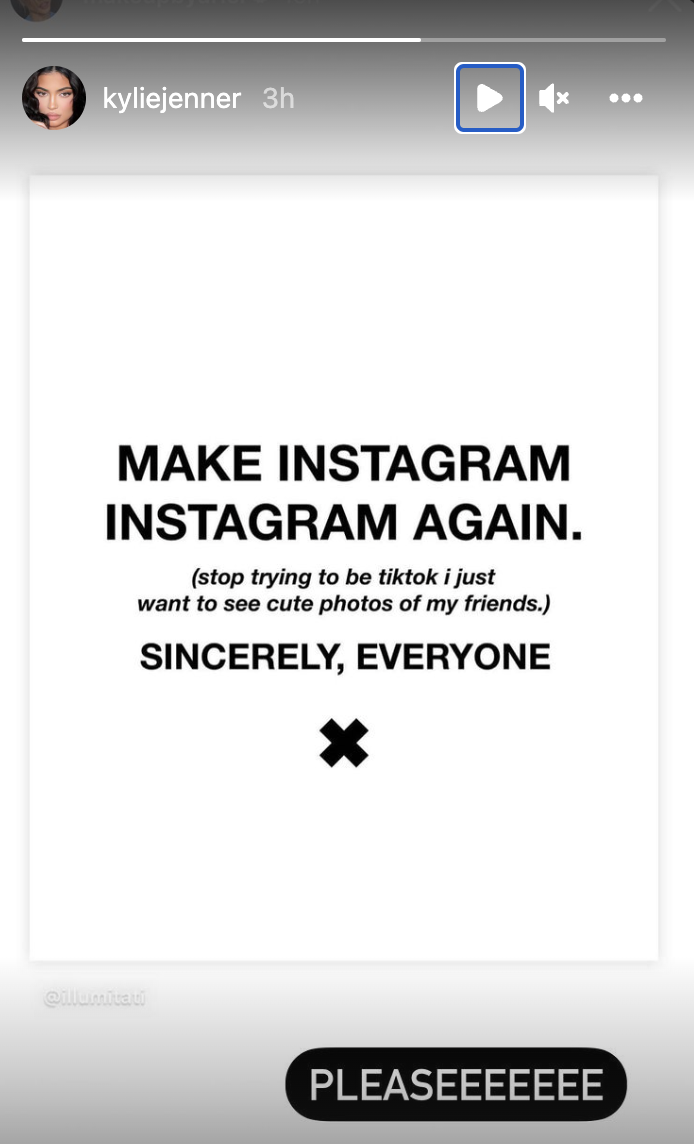
This article is more than
3 year old
A new generation is dramatically reshaping the internet — rejecting and rebuking the social networks they grew up with, which barely resemble themselves anymore.
Why it matters: The social hierarchies created by decades of public "like" counts, and the noise level generated by clickbait posts and engagement lures, have worn on Gen Z. And constant pivots by social media giants have eroded younger users' trust.
By the numbers: Gen Z is the only generation to see recent declines in social media use, per Pew Research Center.
State of play: Today, Gen Z users network across an array of smaller apps, each of which serves a distinct function: Twitch for live-streaming and gaming, Discord for private chat groups, BeReal for spontaneous updates, or Poparazzi for candid photos of friends.
Be smart: In a world where users are more concerned about online privacy and public interactions are more scrutinized than ever, younger users have become much more deliberate about how they present themselves online, forcing social giants to become far less social.
The big picture: The pandemic also forced Gen Z users, many of whom were living at home, to create stronger communities online.
What's next: Many of the biggest tech firms have distanced themselves from the toxicity of social media as regulators circle the industry.
Yes, but: The success of TikTok has led most of the existing social networks to recreate themselves in its image. And that business decision is not lost on Gen Z, as evidenced by Kylie Jenner's scathing Instagram post to her 360 million followers Monday.

What to watch: As more apps focus on discovery, the search tools that have long dominated the internet are also being challenged.
The bottom line: Asked if the social media era is over, Snap CEO Evan Spiegel told Axios last month in an interview, "I don't think it's over. But I do think consumers are looking for more and different ways to relate to one another."